EDUCATION 393: CROSS CURRICULAR WRITINGS
There were various compelling topics discussed in each of the Education courses leading to the second cross-curricular reflexive writing piece. One topic that stood out to me was the discussion of Indigenous worldviews and the importance that they entail. When I think of worldviews, I think of how an individual perceives the world in front of them and what makes them truly content in their life. For example, diverse cultural norms and values, religion, philosophy and spirituality, linguistics, and even emotions. In simpler terms, I look at worldviews in a similar way to the idea of what makes someone the person that they are today. With the idea of Indigenous worldviews, it is recognized that the oral tradition is an incredibly popular way for Indigenous individuals to express their worldviews. According to Struthers and Peden-McAlpine (2005), “Researchers conducting phenomenological studies among Indigenous peoples in the United States and Canada have identified a seamless link between phenomenology and Indigenous oral tradition” (p. 1264). Interestingly, phenomenology is described by Struthers and Peden-McAlpine (2005) as “a research method, assisting Indigenous peoples in reproducing, through narrative communication, features of the past, present, and future eliciting significant meaning of Indigenous culture and assists with recording the essence of experiences and events of Indigenous societies” (p. 1264). I found this to be highly interesting as it allows Indigenous cultures to verbally communicate their stories to many listeners over time instead of communicating with just pen and paper. The idea of worldviews and expressing who an individual really is to the world made me ponder the thought of how I could one day integrate Indigenous worldviews into my classroom of elementary students.
Like oral tradition that Indigenous cultures use quite frequently to express themselves and their cultural identity, I believe that finding creative ways for my elementary students to also express themselves and the experiences that make them who they are is very important. I could blend this idea of Indigenous worldviews into my classroom by asking elementary students to find an item that symbolizes the person that they are with a small or large story behind that item and ask if they could share it with fellow classmates in the classroom like a show and tell format. This could result in building connection between the students and a strong connection between myself and the individual student as I learn more about where that student came from and what experiences make them unique from the rest of the students. This is like Indigenous worldviews in terms of talking circles. Interestingly, Kurtz (2013) states that “traditional talking circles were used to create a culturally safe environment for urban Aboriginal women to talk about their health care experiences and recommend strategies for change” (p. 217). Creating a culturally safe environment is indeed my goal as a future educator because creating a safe environment in my classroom for all students will allow each student to feel secure in expressing their identity and will also teach them to accept others. If students do not have a specific item to share, I could ask them to be creative and draw or paint a picture about a specific life event that they believe makes them who they are, or even writing a poem. All students have different ways of being creative and it would be so compelling to see all the contrasting ways that students use to demonstrate who they are and how they view the world in front of them. With my first observing practicum, I was placed in a grade eight English class at Quesnel Junior Secondary School, and it was neat to see this concept of worldviews in this classroom. The school was participating in a school wide creative write for all grade eight and nine students with the question of what the student’s favorite memory is. This is another great way for students to express freely about who they are since some student’s express themselves best through their writing just like myself. Writing has always been my way of discovering who I am and how I also view the world. Therefore, there must be other students like myself and I would indeed allow them to express themselves freely in their writing as well.
In conclusion, the idea of Indigenous worldviews is quite fascinating to me and allows me to think critically on how I can integrate this notion into my classroom of elementary students as I strongly believe that it would present huge benefits inside and outside of the classroom. Sharing can bring people together even if individuals have different views or experiences. That is what makes worldviews so enriching because they can make each human richer in terms of building more empathy, forms of acceptance, broader sense of knowledge, and more. In the past, “the focus from the outset of imposed, colonial-based education has centred on assimilation and segregation of Indigenous peoples from their communities and worldviews” (National Collaborating Centre for Aboriginal Health et.al., 2009) and educators are working extremely hard today in order to change that. I strongly believe that everyone can learn valuable lessons from this idea of Indigenous worldviews and one day, I will certainly integrate this idea of worldviews from an Indigenous stance into my elementary school classroom.
EDUCATION 394 IGNITE PRESENTATION


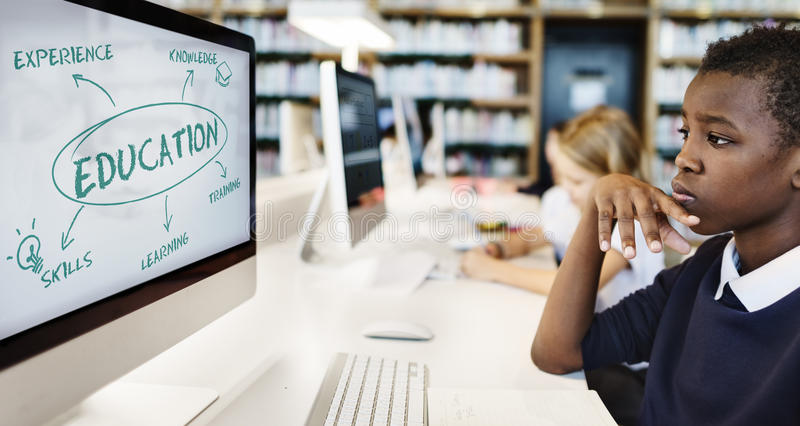
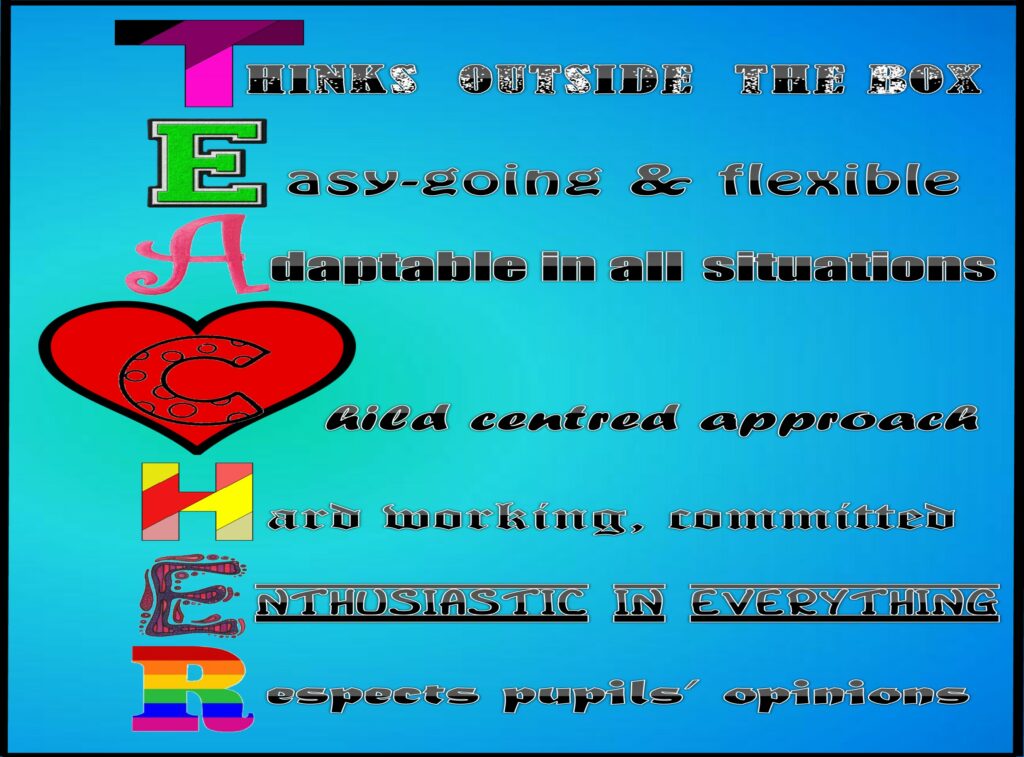
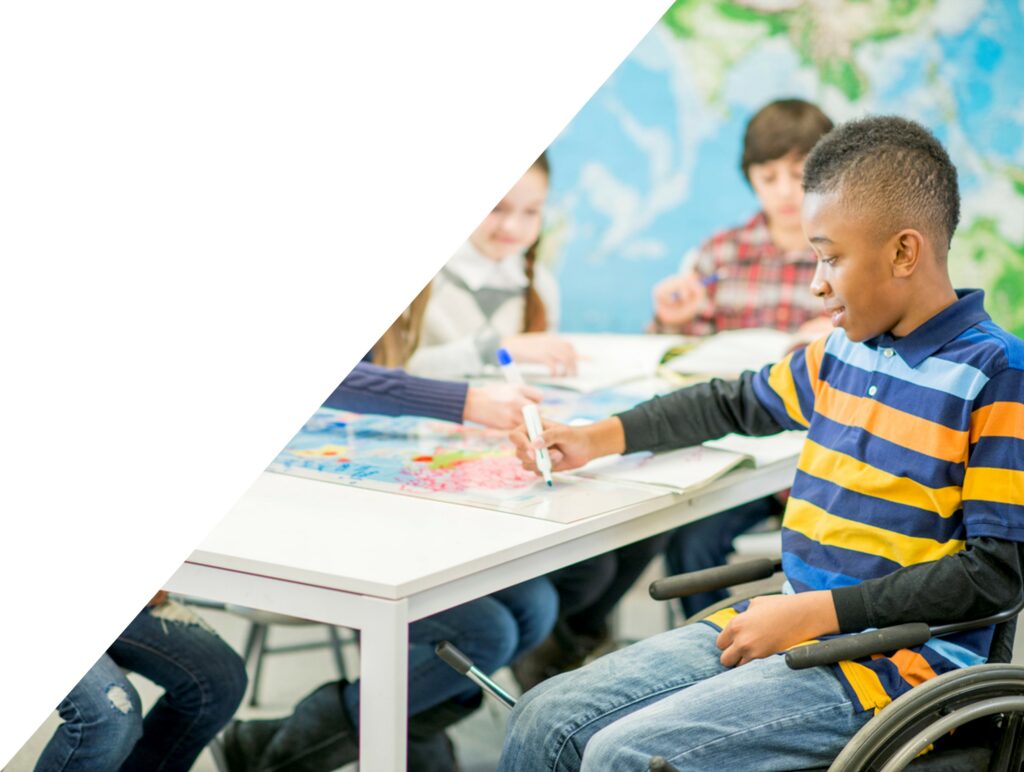
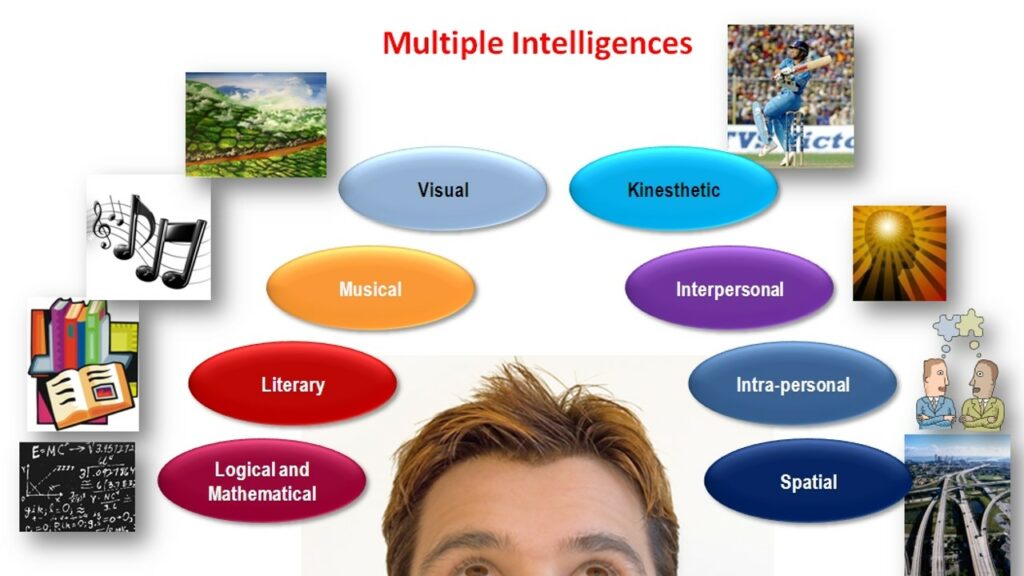
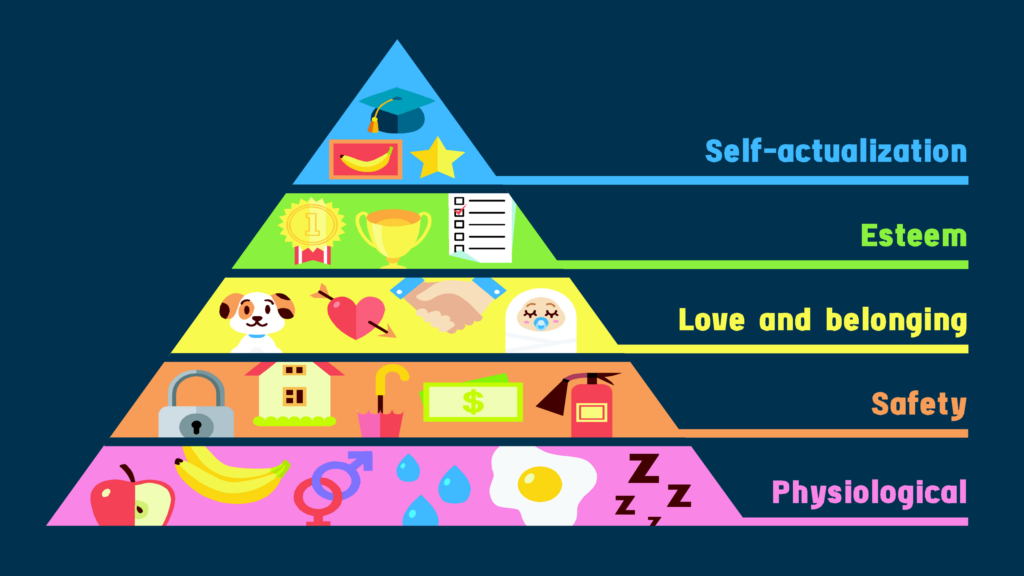
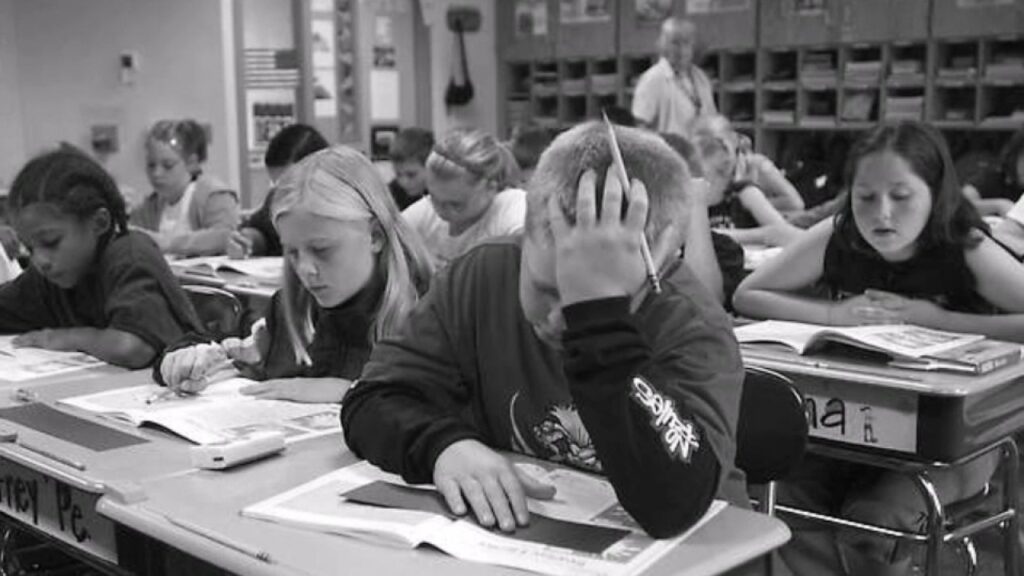




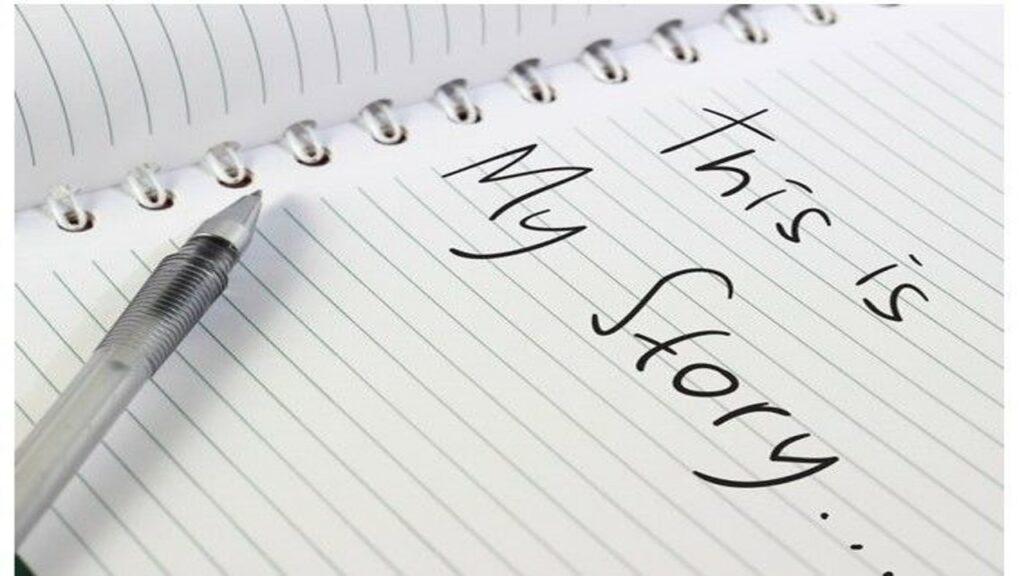




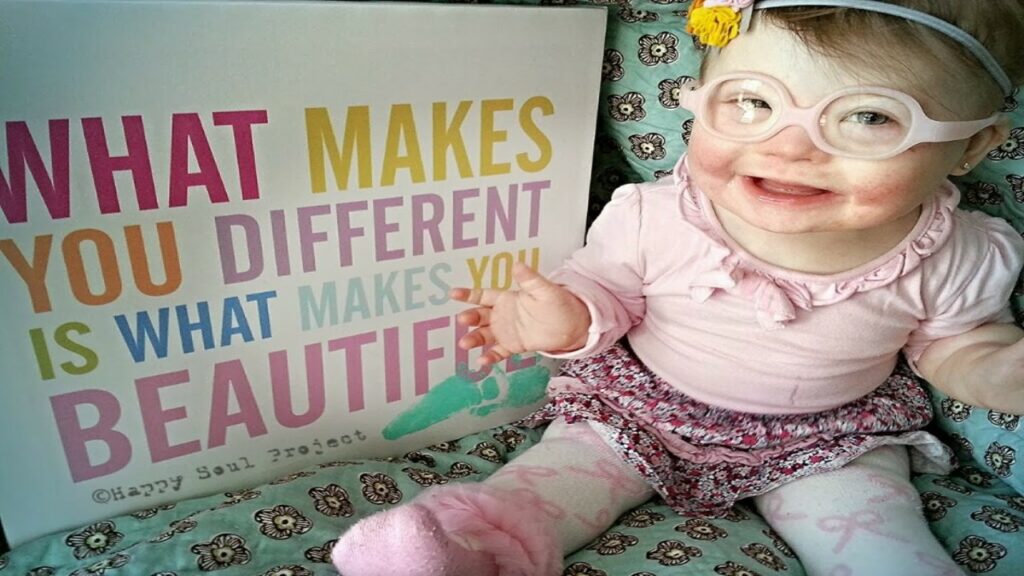


For the Ignite presentation in Education 394, we were asked to choose twenty pictures that mean something to us and talk about each for twenty seconds resulting in a five to six minute presentation. The images above are the images I chose.
Carly Lorntsen
Education 394
Ignite Presentation
University of Northern British Columbia
My name is Carly, and I am going to discuss the meaning that Education holds for me while visiting some essential topics that we learned throughout the program thus far while also including my perception of the value that Education carries for the generation today, tomorrow, and the future.
Education is a tool that can open so many doors for all of us by giving the opportunity to discover our identity, expand our career paths, meet new people, reduce financial struggles, and gives us a voice in this complex world.
As a small child, not very many of us were aware of the places that these long school days could take us. The experience, skills, learning, knowledge, and training to be great contributing members of society was still unknown.
During our first years of school, we met many teachers that were always there to guide us and to teach us the importance of education and finding ourselves. Every teacher played a key role in our lives whether we believe it or not. The ones that taught with their heart were always the most memorable and held the biggest impact.
Teaching for diversity and inclusion is highly essential in that it will teach children how to respect others, gain friendship skills, improve confidence levels, build problem solving skills and will deepen knowledge for both students and teachers where they can learn about new cultures and other learning strategies.
Psychologist Howard Gardner developed a theory stating that there are multiple intelligences. This means that intelligence is not determined by just one area. Every learner has strengths and weaknesses in every area which makes education accessible for everyone.
Psychologist Abraham Maslow introduced the hierarchy of needs model which is a path to motivation and finding one’s true potential. If a child has the basic physiological, safety, love and belonging, and high self esteem needs, they will reach a state of self-actualization recognizing that they can do anything they set their mind to.
Literacy is so important in a child’s first years of school to enhance growth and development moving forward. Recognizing the lack of resources in this area of study bothers me and there should be more solutions on how to tackle this problem.
Statistics state that “in prison, nineteen percent of adult males are illiterate, and forty percent are functionally illiterate while over seventy percent of prisoners in facilities have not completed high school”. These speak to me while having a loved one who experienced literacy difficulties and ADHD so this problem in education holds a special place in my heart.
I believe the saying is true that it takes a village to raise a child. Learning should not end in the classroom and should also extend at home where parents and caregivers can participate in reading with the child as well to help crush the lack in reading skills.
Assessment is important in education and should never be there to scare students. I believe it can help students grow, think critically and creatively, build strategies on where and how to improve, enhance motivation, and drive them down the road to success.
The First Peoples Principles of Learning teaches students the value of connection, community, the land, spirituality, family, and ancestors. Adopted from Indigenous worldviews, the medicine wheel is a great activity to observe yourself spiritually, physically, emotionally, and mentally.
In Education 446, we were introduced to life writing which taught us the importance of our story and lived experiences that got us to the place we are today. It is a way to self reflect and can be a way for students to heal on paper.
In Education 405, we were asked to construct an e-Portfolio which I believe is a powerful way to watch ourselves grow and highlight skill, accomplishments, and potential through a means of self development.
In Education 390 where our observational practicum took place, I had the pleasure to observe different classrooms with Joni and Karyn which was an experience that taught me more than I could have ever imagined with diverse learning styles, how crucial it is to have adaptability in this field and much more.
It was a surreal moment to see old teachers that I had in elementary school and being placed in one of their classrooms while being greeted as “Ms. Lorntsen” and having grade two students say to each other “should I give this to Ms. L?” Shocked that they were even talking about me, some grade 2 students gave me some of their art work and said “this is for you” which warmed my heart.
“Whoever our students may be, whatever the subject we teach, ultimately we teach who we are” quoted by Parker J. Palmer is a great way to summarize the field of teaching in that we bring our identity and experiences into the classroom which makes the career so powerful and states that we really teach from the heart.
As Dr. Tina Fraser stated with the First Peoples Principles of Learning, “there is no wrong, only different”. Having different opinions from others, learning in different ways, having a unique self image or persona is what makes you incredible. This is what needs to be taught to our children at a very young age before they emerge into adolescence and eventually adulthood.
As a small child, the world is so new and exciting. With the right people that hold compassion, patience, kindness, and empathy, I envision that this will change the world and help children find their identity, potential, and true calling in whatever they wish to be.
As I reflect on my educational experiences in the past and now present, I believe that it has changed my life and without education, I don’t know where I would be today. As I said earlier, it can open so many doors for just one person and that is why I find education so valuable. Education is power. Which door are you going to open?
EDUCATION 393: VISIONING PROJECT FINAL ESSAY – WHAT IS YOUR VISION OF THE IDEAL CLASSROOM/SCHOOL?
How Exemplary Literacy Instruction Can Change Lives
Carly Lorntsen
University of Northern British Columbia
Imagine that you are five years old, and the blistering hot summer months filled with fun play, swimming in the ice-cold pool with other neighbour children, and being at home with mom and dad is coming to a sudden end. Kindergarten is approaching in the next few weeks and this little mind of yours is filled with various emotions that are difficult to comprehend. Feelings of excitement, agitation, fear, and sadness all combine with the idea of the unknown of a big brand-new school, making new friends, and meeting teachers for the first time. I think that we can all remember these feelings before starting our first year of school. With this vision in mind of how it may feel and look like for these incredibly small children with their entire lives ahead of them, it is incredibly important for those that are pursuing a career in education and for those that have already made it to the field create a plan to make all children entering their first years of school to feel safe, happy, and motivated in all tasks that they pursue. This can be accomplished through effective instruction, integrating teaching for diversity and inclusion into the classroom and school wide practices, and allowing children to work together to create a community of friendship and compassion. As children enter their first years of school, components such as these are crucial because the first years of school can shape a child’s mind on how they view themselves and the world around them. A common problem that I see in the education world today is the lack of resources in effective literacy instruction for children. The ability to read and write is essential for everyone simply because it can help build cognitive abilities through increasing critical thinking skills to discover solutions to problems in everyday life, improving vocabulary and grammar skills and teaches individuals how to communicate in a proper manner. If children do not learn how to read and write successfully in their younger school years, their lives can take a very negative dramatic turn as they venture into adulthood. My vision for an ideal educational system for the future is to ensure that all students starting at the younger ages of grade one and forward will be provided with the most constructive and powerful literacy instruction to ensure that they have the basic skills at that specific grade level to successfully read and write before proceeding to the next grade level which will provide students with the mindset that they can accomplish anything that they set their mind to and will build their self-esteem and self image tremendously. This essay will explore solutions to accomplish successful literacy instruction in young children and why this goal in the world of education is so important to myself and the future generation.
For some elementary school students, reading and writing may come easier to them than for other students while for some students, literacy is an ongoing challenge and I strongly believe that this should be addressed in the earliest years of an individual’s life to examine which students need the extra help and instruction moving forward. According to Moss (2005), “Today, as never before, content area literacy is gaining the attention of educators and although it has always been emphasized at the secondary level, the need for content area literacy instruction at the elementary level is becoming more and more apparent” (p. 46). This quote indicates the urgency in elementary level education that is recognizing that it is in dire need of more classroom time dedicated to reading and writing. It can be suggested that the elementary years are the crucial years in terms of academic building and development which prepares students for secondary level education. It is extremely unfair and saddening to see children entering secondary level education while lacking the ability to read and write which leads to greater difficulties in other academic subjects and areas in their personal lives. My concept of an ideal educational system that I see as a possibility for the future in terms of exemplary literacy instruction will ensure enhanced reading and writing skills are demonstrated before moving onto the next grade level starting at the primary level and eventually emerging to the intermediate level. My goal is to prepare elementary students for secondary level academics and post secondary level education while also aiding them in having a positive self image and determination to accomplish all the goals that they wish to pursue in life. In the classroom, having authors and writers visit as guest speakers can provide students with positive influences that will express the importance of literacy and how it can also be fun and imaginative. Novel studies are also important to incorporate into the classroom as they can give students a timeline on which sections to read before class time and students can be provided with discussion on the novel afterwards which can build comprehension skills. With this idea, students can work independently and journal their thoughts about the novel or while taking a more progressivism approach to learning, students can test their own ideas while discussing with others in groups about numerous thoughts on the novel while having the possibility to talk about how the novel relates to their own real-life experiences which can help build critical thinking skills and mature the area of the brain that involves cognitive thinking. Interestingly, Miller (1966) stated that “the progressive education movement, which has been described by historians as a revolt against formalism in education, began as an attempt to cast the school as a lever of social reform in the struggle for equality” (p. 3). Therefore, this quote proves that progressivism which involves teaching the importance of working together and interacting with others can also create an accepting community free of judgement, stereotyping, and discrimination of other learners that may learn differently. This can also be achieved through incorporating reading buddies and book clubs into the learning environment. Progressivism ways of teaching is a solution to incorporate teaching for diversity and inclusion into the classroom. My goal is to have students feel completely free to be themselves while learning literacy skills.
With the recognition of diverse learners, it is exceedingly important to create solutions on how to effectively integrate inclusion into the classroom so that these students can benefit from exemplary literacy instruction as well. With this idea, having the teacher read various stories and novels to the students directly as a class while students can follow along will be highly efficacious and students can read sections out loud to the teacher and former peers if they wish. With my vision of an ideal education system, I would never force any students to read aloud if they did not wish. This type of activity would be completely voluntarily and would help in constructing a great classroom culture and climate. Forcing students to read out loud can lead to extreme feelings of anxiety, frustration, embarrassment, and sometimes defeat. Although, showing encouragement and praise to those that offer to read no matter their reading level can set an example for those students that are afraid to read out loud indicating that there is no judgement, and we can all learn together during the process of literacy skill building. According to Bloome (1986), “Since reading and writing are inherently social processes, one way to think about literacy is in terms of community building” (p. 71). My vision for an ideal educational system for the future is all about embracing learning together in an accepting and welcoming environment where all types of learners can come together and find the noteworthiness of reading and writing. Another solution in helping diverse learners that may need extra assistance with their reading is to develop reading diaries or journals for each student to take home where they can take part in reading for at least one hour silently or with a parent. The parents or caregivers can then sign the diaries or journals to indicate to the teacher that reading is happening at home as well. According to Gauvain, Savage, and McCollum (2000), “Research results indicate that reading at home, specifically how often children read, with whom they read, and their active initiation of reading, are related to school reading achievement” (p. 447). Therefore, it is essential for children to have silent reading at school while also at home by themselves and with a parent, grandparent, sibling, or caregiver. Clinton (2006) said it beautifully by stating “the African proverb where it takes a village to raise a child which is summed up as we are living in an interdependent world where what our children hear, see, feel, and learn will affect how they grow up and who they turn out to be” (p. 12). This quote relates to this visioning essay in many ways in that learning should not stop at home and having extra support outside of the classroom is crucial in children’s growth and development.
Reading and writing are vital skills for everyone to have. Some individuals may be unaware of the damaging effects that a lack of these skills can have on a human being. According to Christensen (2000), “People who lack reading and writing skills have difficulty expressing who they are, and their lack of literacy becomes internalized self-hatred” (p. 6). This quote is evidence in how important obtaining a strong sense of literacy skills is for a sense of worth, self-esteem and opinion of yourself. When an individual struggles with something and can see others excelling with that one aspect of themselves that they cannot seem to understand or pursue, they feel feelings of failure and utter defeat. This is where the self-hatred comes from, and it is an indescribable and utterly damaged feeling that the person feels that they cannot escape from. This self-hatred can lead to depression, anxiety, dangerous activities such as substance abuse, and more. Christensen (2000) states that “without the basic tools of literacy, this lands too many people in prison” (p. 6). Sadly, Christensen (2000) also adds that “in prison, nineteen percent of adult males are illiterate, and forty percent are functionally illiterate while over seventy percent of prisoners in facilities have not completed high school” (p. 6). These statistics speak to me as I am unfortunately a person who has someone quite close to me that is a part of those statistics. The problem of a lack in resources in exemplary literacy instruction inspires me simply because I have seen this problem first hand in having a loved one who struggled with reading and attention deficit disorder from a very young age. He was and still is a diverse learner that had plenty of education assistants, youth care workers, and counsellors but still struggled immensely. Along with abandonment issues from a parent, these two problems went hand and hand leading to feelings of unworthiness and self-hatred leading to substance abuse and incarceration throughout his adolescence and adulthood. I often feel feelings of guiltiness in that I have expressed so much anger towards him and his choices because I simply never understood how some people can live lives of so much danger. As I progress further into this area of study in the education program and recognize the many problems such as the lack of resources and limited literacy instruction, I can see how important reading and writing skills are to have for every individual. Sometimes, I believe that if my loved one experienced more intense reading and writing instruction, his life would be completely different today. Therefore, this topic is incredibly important to me and having some personal experience, my goal and vision for the future in the world of education is to guarantee that the future generation of today has ideal literacy instruction. Although it may be too late for my loved one, this can help change the lives of students entering school today, tomorrow, and the many years to come. When an individual thinks about the hierarchy of needs model, McLeod (2007) states that “the founder Maslow initially stated that individuals must satisfy lower-level deficit needs before progressing on to meet higher level growth needs and growth needs to continuously be felt and may even become stronger once these feelings have been engaged” (p. 2). This quote is very important to take note of because when an individual is having difficulties with a certain task, overcoming that specific difficulty, and feeling that sense of achievement and growth afterwards will feel amazing which will lead to motivation in moving forward with other tasks. This will lead to self-actualization where personal development and potential is recognized. I strongly believe that for the future, having an educational system that involves this way of thinking which will stem from successful reading, writing, and comprehension instruction will make a huge difference for students and what they do with their lives moving forward.
In conclusion, the idea of powerful literacy instruction is very special to me as I can see the damaging effects it has on individuals if limited. Therefore, my entire intention and goal of increasing literacy instruction in the classroom is to help change the lives of all students struggling with reading and writing while continuing to make it fun, imaginative, and compelling to all students involved. I strongly believe that this will enhance learning in academics moving forward, personal development through childhood emerging to adulthood, and learning how to love yourself and be courageous with goals and aspirations. Life is a precious thing and so is education. In the hands of the right people that hold compassion, patience, kindness, and empathy, I believe that a school such as this one that I envision will change the world.
December 3, 2021 Pedagogical Philosophy Statement
Before I began the Bachelor of Education program, I always knew that I wanted to enter a career where I could help people and possibly change lives. Throughout my time in school from elementary to university, I always recognized the importance of education and how much value it holds. Before entering college, I always thought that I wanted to be a dentist simply because of the high salary that dentists accumulate but now that I am older, I recognize that true happiness in what an individual does for a living is more important than money. Therefore, when I began college at the age of seventeen, I decided to take courses such as psychology because these types of courses interested me the most. I realized I wanted to work in a field where the focus is on how the mind works and its impact on growth and development. With this idea, I thought of careers such as a psychologist, counsellor, and teacher. This idea of the mind, growth, and development coincide together in the very early stages of our lives which is primarily when we are born and eventually emerge into primary school. As a future educator in the very early stages of my own growth and development before entering the career, my pedagogical philosophy statement is based on my own experiences in school that helped shape the person I am today and the relationships I have built with my own teachers and professors. After reflecting on my beliefs that are still developing, I believe that the philosophies of perennialism and essentialism coordinate well with my idea of education.
With my experiences throughout school, my interests always leaned towards literacy skill building such as reading with a great emphasis on writing. My mother had taught me how to read very early before entering kindergarten which increased my interest in literacy from an exceedingly early age. Today, I have recognized how important the building of literacy skills is in the early stages of development which gives me the goal of implementing this into my future elementary school classroom. The philosophical theory of perennialism in education is a primary aim of education in my opinion because it can train the mind in a very effective way that can help students in the present and in their future. According to In Tan, Wong, Chua, and Kang (2006), “With this theory, students at the elementary level should be taught basic skills in literacy and numeracy, before proceeding to study subjects such as literature, history, science and mathematics” (p. 31). I agree with this statement because without these early basic skills, it is nearly impossible to learn these further subjects. Learning the fundamental skills in literacy and numeracy earlier on in development will create strong comprehension, critical thinking, and problem-solving expertise as students advance to the next subject areas to be learned. In Tan et al., (2006) also stated that “such a teacher with perennialism views would be able to demonstrate his or her love for literature and would be passionate about sharing his or her views on issues that concern all human beings throughout history” (p. 32). Since I was a little girl, literature has been a huge hobby and I have always enjoyed journal writing, poetry, and expressing my thoughts through written words and my own imagination. With the goal of writing and publishing my own book one day, this indicates to me that I am very passionate about literature which relates to the perennialism philosophy in many ways. When the teacher is truly passionate about something, they project this onto their students which can influence students to explore their own passions and I believe that this can be accomplished through classrooms that are rich in literature formation. While learning the basic skills of reading and writing, students can move further to analyze the meaning of concepts which will build their cognition and acquire the ability to find their identity while doing so. Therefore, my goal as a future educator is to teach my students the basic skills in literacy and numeracy before moving to more complex areas of study which will allow them to discover themselves and build their confidence to believe that anything is possible to achieve if they bravely strive to get to that point in their lives.
With the idea of appropriate curriculum and methods, I enjoy the philosophy of essentialism. According to Sahin (2018), “Essentialism argues that hard work should be encouraged and respect for authority and discipline is to be instilled in students while indicating that students are members of the society, and they should be prepared to become valuable members of society in which they are living” (p. 195). With my educational experiences, I always held the uttermost respect for all my teachers and professors because I looked to them as authority figures and mentors to help me become the best I can be. With some of these educators, I was given the opportunity to develop relationships with them and this encouraged me to dedicate my time to working extremely hard in all my studies moving forward. I feel that relationship building is crucial in education because this makes students feel like they have cheerleaders outside of their supportive family and friends or if they do not have that outside support circle, they acknowledge that they can always rely on their teachers and professors. Developing these relationships will help build confidence in students and make them feel incredibly valuable and worthy in this society which will cause students to want to give back to their society in many ways. Sahin (2018) also states that “essentialist educators agree that the core curriculum may change since schooling should be dynamic and practical” (p. 195). I like this statement because it is highly recognizable how our world is always changing in terms of technology, pandemics, climate change, and much more. As a future educator, I recognize that it is my responsibility to be adaptable to suit the needs of all my students. This means that I must be prepared for everything that the world throws at me and to always keep my students and their learning as my top priority.
For myself, I have always held structure and routine in my life to accomplish tasks and keep life stable. I learnt about this strategy from a very young age starting before I began elementary school and as I progressed through these crucial years of development. According to Acquah, Adjei, and Mensah (2017), “Essentialists strongly favour strict classroom management while with classroom arrangement, the essentialists prefer desks that can be permanently arranged in rows” (p. 7). Although I also do not mind desks to be grouped together for students to work with one another, I believe that having desks in rows can maintain strong classroom management to teach concrete listening skills. This can provide elementary students with routine, and I think that routine is the best thing for children at this age which will teach them future life skills and how to build healthy and positive habits. It will also give children structure and purpose where they can recognize that they have a duty to tend to so that they can succeed. This will teach them responsibility and I believe that school is the perfect place for them to learn about that essential character trait which will lead them to a stronger and better future. In fact, Chamberlin, and Chambers (1994) stated that “teaching students to be responsible should be viewed as an important and vital part of the total curriculum” (p. 204). Through my experience of observational practicum during my first semester of the Bachelor of Education program, I have witnessed this highly structured and routine based type of classroom and I can conclude that it creates a safe, positive, and encouraging learning environment. Therefore, at this point in my early development of becoming an educator, I plan to use the essentialism pedagogical philosophy to ensure powerful classroom management.
In conclusion, I recognize as I grow, develop, and reflect more as my journey to becoming a future educator progresses, my pedagogical philosophies relating to my idea of education could possibly change and that is always acceptable. This is all an essential part of the learning that is taking place as I train to be the best possible educator I can be for my future elementary students. At this point in my greatest adventure to becoming a teacher, my educational philosophy is a fusion of perennialism and essentialism. My focus is to strengthen basic skills such as literacy and numeracy to gain proficient life skills, build confidence and feelings of purpose in my students, place importance on relationships, be exceedingly adaptable myself and to place this trait onto my students as well while teaching responsibility through classroom management. I will continue to reflect on my own strengths and weaknesses as an individual and strive to be the best that I can be for these little humans that are our future generation of tomorrow.
MAY AND JULY 2022 INTENSIVE LEARNING WEEKS AT THE UNIVERSITY OF NORTHERN BRITISH COLUMBIA IN PRINCE GEORGE:
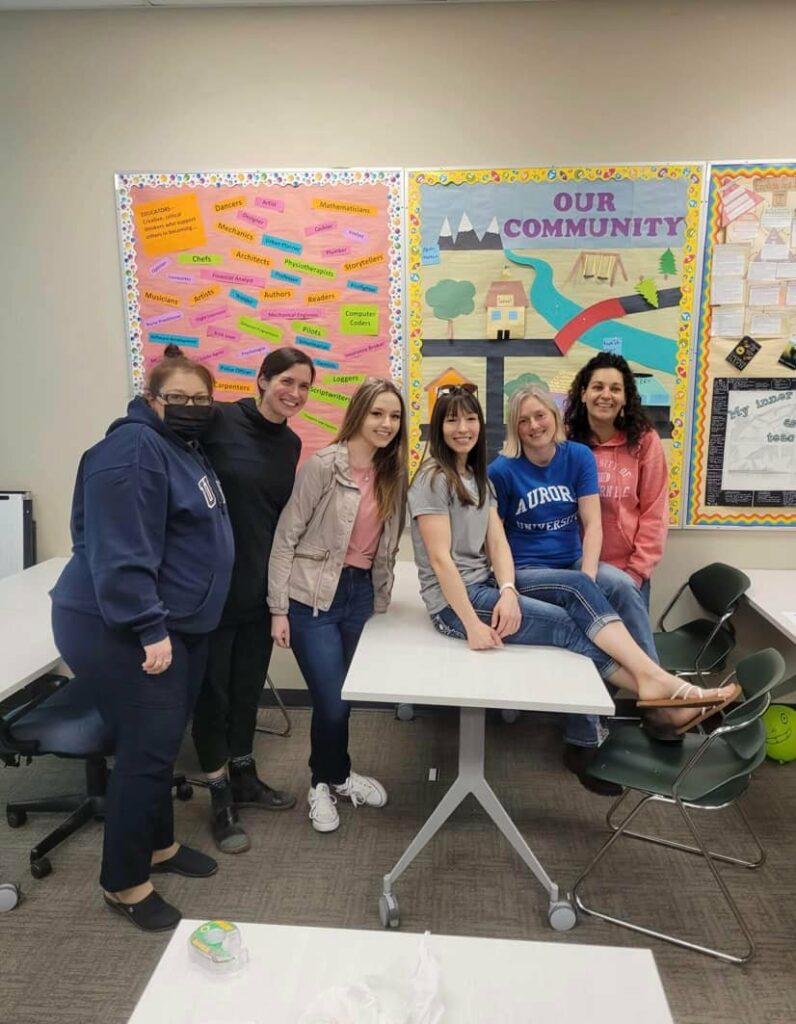

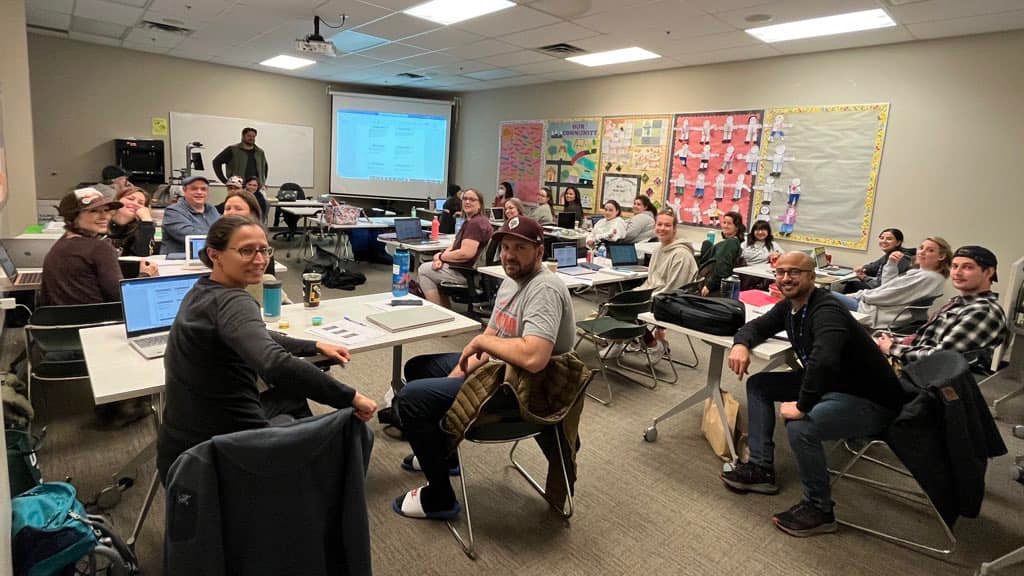
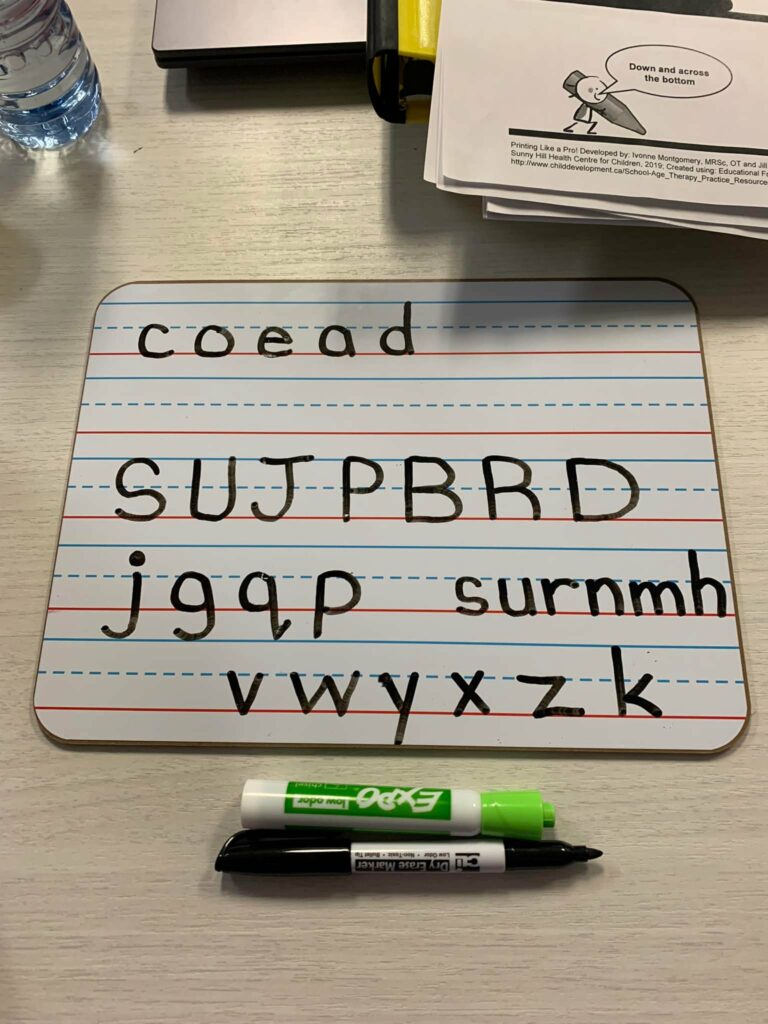
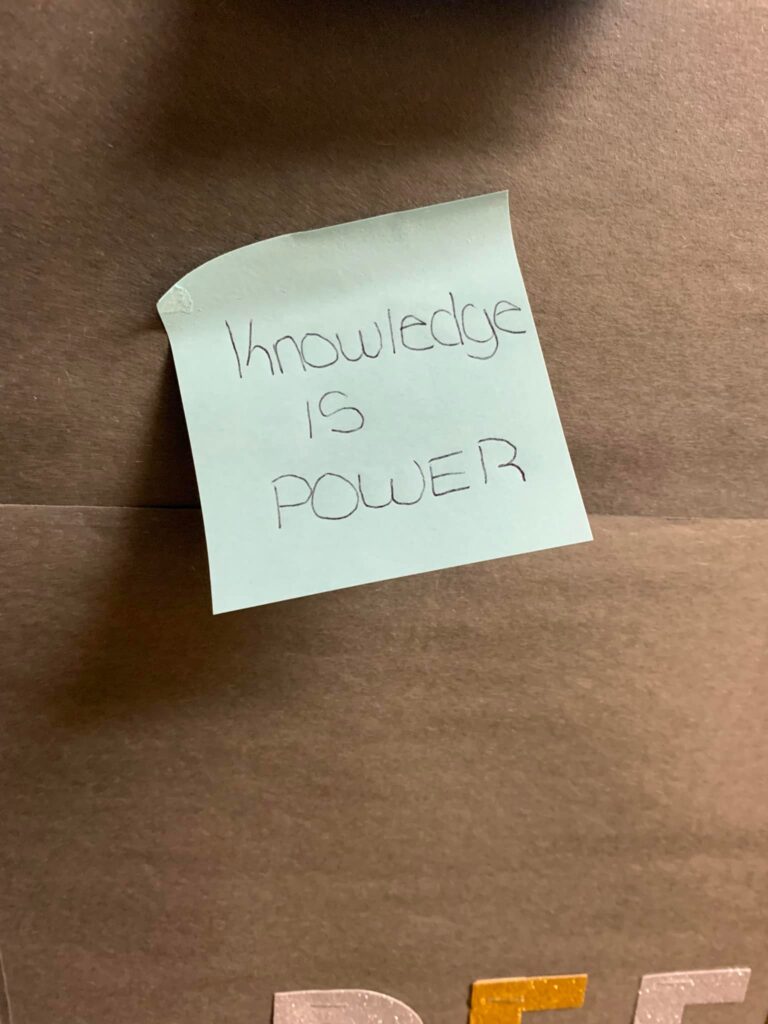
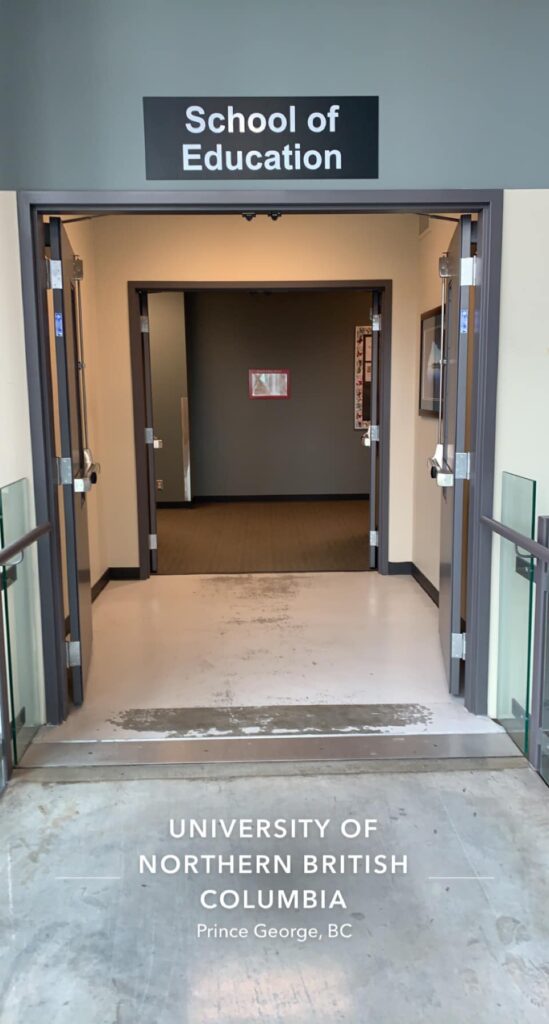
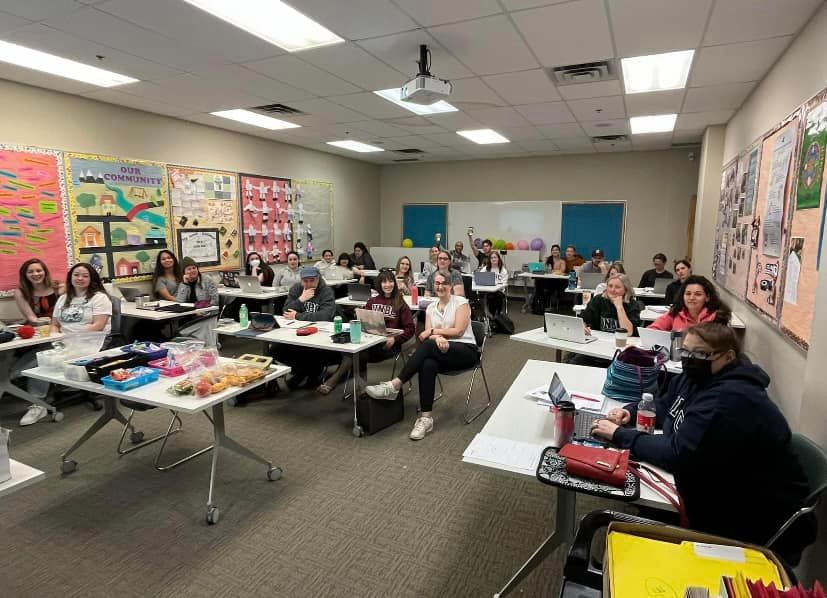
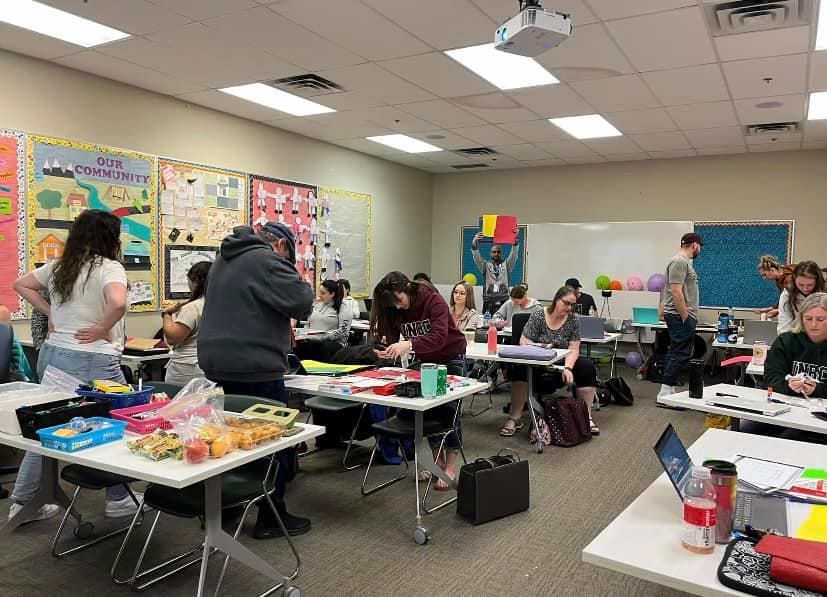

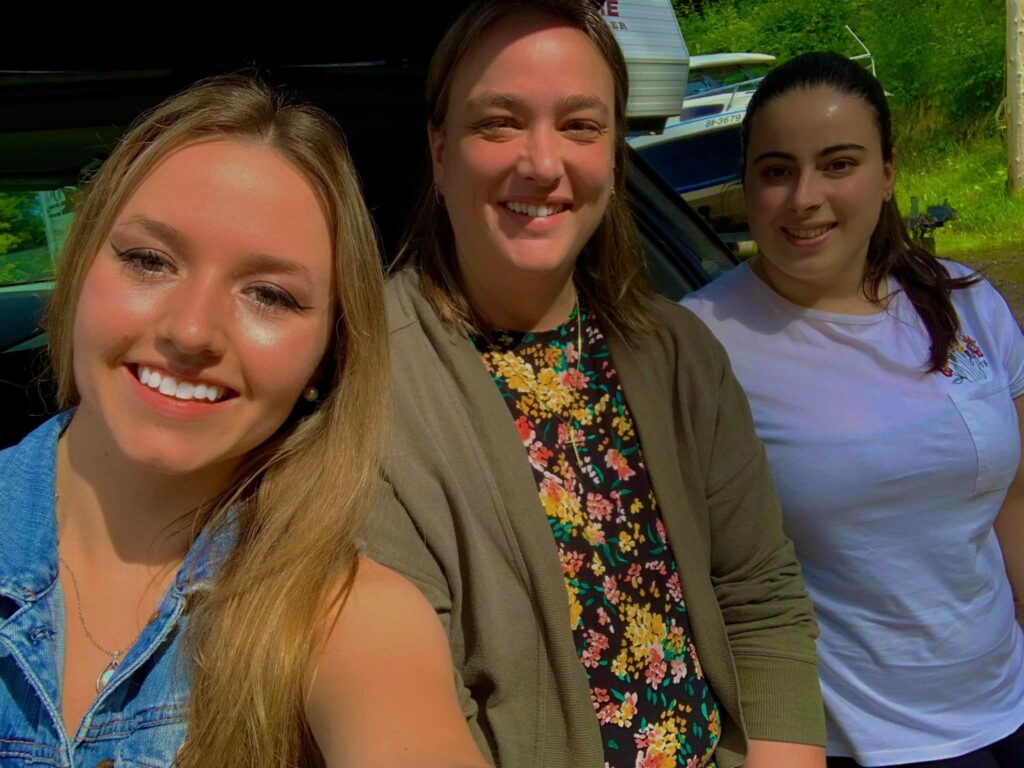
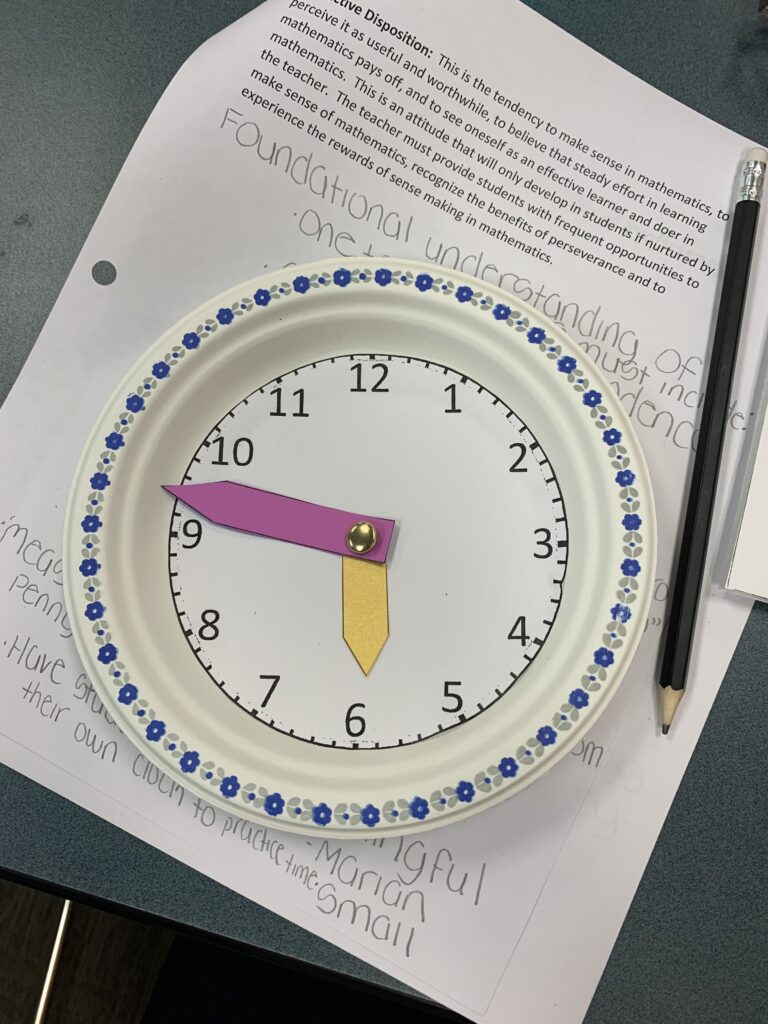




EDUCATION 402 DIVERSE CLASSROOMS REFLECTIONS:
January 14, 2023,
Exploring The Concepts of Prejudice and Discrimination
While reflecting upon the required readings of the course textbook, I have decided to comprise my first weekly reflection about the concepts of prejudice and discrimination. Throughout my previous post-secondary education experiences, I was exposed to a variety of sociology and social science courses that discussed these social justice topics in great detail. Carefully reflecting about the topics of prejudice and discrimination, I found the reading in chapter four of the course textbook to have incredibly articulate wording and strong examples and scenarios in which individuals have shown their prejudice and discriminatory thoughts and behaviours. In summary, I interpretated that this chapter was discussing how human beings often express prejudice and discriminatory thoughts subconsciously. In my opinion, this means that individuals tend to have thoughts and feelings that exist in their mind about other groups in society without having a sense of awareness. Therefore, I strongly believe that becoming educated on various topics and areas such as in the social justice realm will indeed benefit everyone in society.
In particular, the example of prejudice toward male elementary school teachers in the required reading had me reflecting. Sensoy and DiAngelo (2017) stated the example of the elementary school teacher in which “if I am a parent going to meet my son’s second grade teacher for the first time, I would expect to meet a female and if instead I meet a male, I may wonder if he is gay and worry that if he is, he will be an inappropriate role model for my son” (p. 76). As I reflect upon this example, I first think about the idea of gender roles in which these tend to be defined as social roles within the genders that are deemed acceptable and the standard. Within our society, individuals tend to believe this stereotype that teachers are caring, nurturing, loving, and gentle with the common notion that this career is comprised primarily of women. Throughout my elementary school adventures, I had plenty of male elementary school teachers that I viewed as caring and nurturing which was approximately, only fifteen years ago. I do not remember any individuals close to me, or strangers voicing their ideas that they may be gay. Therefore, I ponder about where these prejudices about male elementary school teachers are coming from, in today’s society. Regarding this example and contemplative thought, it reminded me of entering my practicum school last semester which is also the elementary school that I attended while growing up. I was shocked to see that there are all female teachers and a female principal with no male teachers left at that school. I asked about this, and another student teacher had said that men tend to only teach high school and not elementary school, any longer. This had me reflecting and pondering about the reasons as to why and that this was indeed a subconscious prejudice thought on the student teachers’ part. According to Sensoy and DiAngelo (2017), “When we hold prejudices against certain groups such as groups that it is socially acceptable to hold prejudices against, we often do not see them as prejudices at all, but as facts” (p. 77). When this student teacher expressed how male teachers only teach high school and not elementary school today, she was unaware of her own prejudice in this sense and believed it was just fact due to the statistics in today’s education world that examines the number of female and male elementary school teachers.
In conclusion, prejudice and discrimination are everywhere today. The required readings have encouraged me to reflect about the idea of gender roles, stereotypes, and the importance of education of social justice topics. To create a stronger and socially healthy world, education is power.
January 17, 2023,
Examining the Topic of Privilege Through Ableism
As I reflect on the highly compelling course textbook, I have decided to write my second weekly reflection about the topic of privilege through ableism. Throughout this program, we students have had the opportunity to indulge and expand our knowledge in an inclusive education course that discussed important topics such as ableism. I find it particularly interesting and beneficial to explore this idea further in our current course, that examines the theme of diverse classrooms. Through chapter six of the required course textbook and previous academic courses and experience, I simply understand the term ableism to be discrimination that is in favor of able-bodied individuals. According to Sensoy and DiAngelo (2017), “Ableism is the oppression of peoples with disabilities and those of us whose bodies fit the fluid social category that is referred to as normal can go through entire days, weeks, and months never having to consider barriers that limit access to our environment” (p. 105). Sensoy and DiAngelo (2017) additionally state that “how we will get to a certain event, whether we can enter a building, or how we will be seated at the coffee shop, can all be taken for granted” (p. 105). Statements such as these can indeed encourage an individual to think critically through a different lens.
The topic of ableism is incredibly important to me, and I strongly believe that our society should become more educated and informed about this particular topic. When I was four years old, my incredible mother was diagnosed with Multiple Sclerosis. Goldenberg (2012) states that “Multiple sclerosis is a chronic autoimmune, inflammatory neurological disease of the central nervous system” (p. 175). As I was extremely young at the time, I did not understand what the disease was and how it would affect my mother. As I grew and developed into older ages, I began to understand why my mother could not do certain things and the barriers that she experienced. I have always remained incredibly close with my mother in the past and present as she became a stay at home mother with me from that young age of four years old. My mother is indeed a huge influence in where I am today with my schooling as she taught me how to read and spell at the very young age of three. As I have become more educated into my twenties, I recognize my privilege in being able-bodied and how I have indeed took many everyday tasks that I am capable of doing for granted. My mother cannot drive due to her disease and is left with the thought of how she will get to the hospital to perform her blood work, to receive her medications. Although, I am very grateful that she has my father, other family members and I to help assist her but I often ponder about the idea of what she would do if she did not have this support. It is an extremely saddening world that we live in as we recognize how many individuals are currently on Earth that suffer from disabilities and are often discriminated against and lack the resources and support needed.
As I reflect further on the required readings, Sensoy and DiAngelo (2017) added that “dominant group members have received the message that people with disabilities are not important is through the ways these groups have been segregated in major social institutions like schooling, housing, and the workplace” (p. 108). Sensoy and DiAngelo (2017) noted the example that “in schools this segregation has been rationalized as necessary because students with disabilities in the classroom would slow down normal students which gives the idea that the able-bodied have nothing to gain or learn from individuals with disabilities” (p. 108). This notion angers me solely because all human beings can learn from each other through understanding, compassion, acceptance, and kindness like my mother has taught me. I indeed believe that the term normal should never define an individual because we are all unique in our own ways through diverse characteristics, strengths, talents, and abilities.
January 20, 2023,
Analyzing the Topic of Oppression Through Sexism
As I think critically and reflect about the required course textbook, I find chapter seven that speaks about the invisibility of oppression through sexism to be intriguing and incredibly saddening. While reading chapter seven of the required course textbook, I learned many new valuable information about sexism and wanted to compare it with older research. Interestingly, Pingree, Hawkins, Butler, and Paisley (1976) noted that “increasing the representation of women in the media through a quantitative approach will probably not reduce media sexism unless the manner in which women are presented also changes through a qualitative approach” (p. 193). While observing women in the media today, Sensoy and DiAngelo (2017) state examples that include how “female athletes often endure media representations that position them in demeaning domestic or sexualized ways such as gendered and sexualized comments about female athletes’ bodies are common in media where beach volleyball players are often referenced as the great bikini bodies” (p. 130). This is evidence that sexism has not changed over the years and has indeed become worse.
Throughout the required course readings, I found the statistics of sexism occurring in the United States of America and Canada to be appalling. According to Sensoy and DiAngelo (2017), “Less than ten percent of sexual assaults in Canada are reported to the police, fifty-one percent of Canadian women report having experienced at least one incident of physical or sexual violence; four out of five female undergraduates at Canadian universities have been victims of violence in a dating relationship; and eighty-three percent of women with disabilities will be sexually assaulted during their lifetime” (p. 127). These statistics are indeed frightening and frustrating. As a young woman, I have had occurrences that have happened in college and university in which I felt violated by other male students, and this topic encourages me to reflect on those experiences. I often wonder why women and girls are subject to feel afraid and have to always be aware of their surroundings. It makes me ponder about if we still live in a patriarchal society that was very common in earlier decades. According to Sensoy and DiAngelo (2017), “Patriarchy is the belief in the inherent superiority of men and male norms and the organization of society based on this belief” (p. 125). These ideas had me researching about additional social justice issues in terms of patriarchy that include salary differences in labor between men and women today. Jabbarpour, Wendling, Taylor, Bazemore, Eden, and Chung (2022) found that “on average, female family physicians earned seventy-nine dollars an hour, whereas male family physicians earned ninety-four dollars an hour, amounting to a nearly sixteen percent difference in hourly pay” (p. 7). I can recall my sociology professor in the year of 2020 speaking of salary differences in men and women that perform in the same career fields, and I believed that it had to be false. Although, reliable, accurate, and valid present research provides the evidence of the patriarchal system that we are still experiencing today.
In conclusion, the topic of oppression through sexism has me contemplating on ways in which society can abolish sexism and patriarchy. I strongly believe that some solutions include becoming informed and educated, teach and learn consent, understand that sexual harassment and assault are abuses of power, and become strong advocates for societal change.
January 23, 2023,
Exploring the Topic of Intersectionality Through Classism
As I think critically and reflect about the required course textbook, I find chapter ten that discusses the topic of intersectionality through classism to be incredibly intriguing. Before I began to read this chapter, I brainstormed some ideas of what classism means to me, and I interpret it as discrimination towards individuals based on their social class. Chapter ten of the course textbook was filled with a variety of thought-provoking information that I in fact, shared with family members and friends. This chapter discusses many important key vocabulary terms that I took note of that include capitalism, intersectionality, classism, net worth, social capital, and more.
As I read and interacted with chapter ten of the course textbook, becoming aware of the four class groups and their definitions that represent Canada and the United States including the owning class, the middle class, the working class, and the poor was compelling. For myself, I often ponder about why society places labels on individuals this way, that is based on their income and how they obtain it. In my opinion, having these labels leads to destructive and demoralizing stereotyping and feelings of a loss of acceptance. According to Sensoy and DiAngelo (2017), “The poor are those who must rely on assistance such as welfare or other government benefits; possibly chronic or intermittent joblessness or homelessness, and they may also be minimum-wage workers who fall under the federal poverty line” (p. 181). Becoming educated on various social science courses and topics that range from criminology, psychology, sociology, and women’s studies, I have indeed recognized that individuals are not placed in the poor social class category by choice and unavoidable circumstances occur instead, whether this be disability, addiction, mental illness, or other means. Therefore, I could not imagine having an unfortunate event happen to me that resulted in a long-term disability for example, and it limited me to receive the education I have today and decrease my likelihood of receiving a career. If I had to be placed on government assistance, I would be placed in the poor social class category of society which would feel unjust and devastating due to the stereotyping associated with this classification. Sensoy and DiAngelo (2017) state the common stereotypes that arise with the poor class group such as “people just need to work hard and not expect handouts, and anyone who wants a job can get one” (p. 188).
As an individual today, I strongly believe that we must put ourselves in the shoes of those categorized in these social class groupings and have utter compassion, acceptance, kindness, and love to make our world a better place. Otherwise, we will see negativity, judgement, and lost hope. For example, Kraus, Park, and Tan (2017) state that “people compare themselves to others frequently on economic dimensions which results in social comparison that is often referred to as an unavoidable aspect of perception during social interactions, and it functions as a means by which individuals gather information about the self, regulate their emotions and goals, manage uncertainty, and judge the normalcy of personal life events” (p. 424). This example provides evidence as to why placing individuals into social classification groups can have detrimental effects on the well-being of societal members.